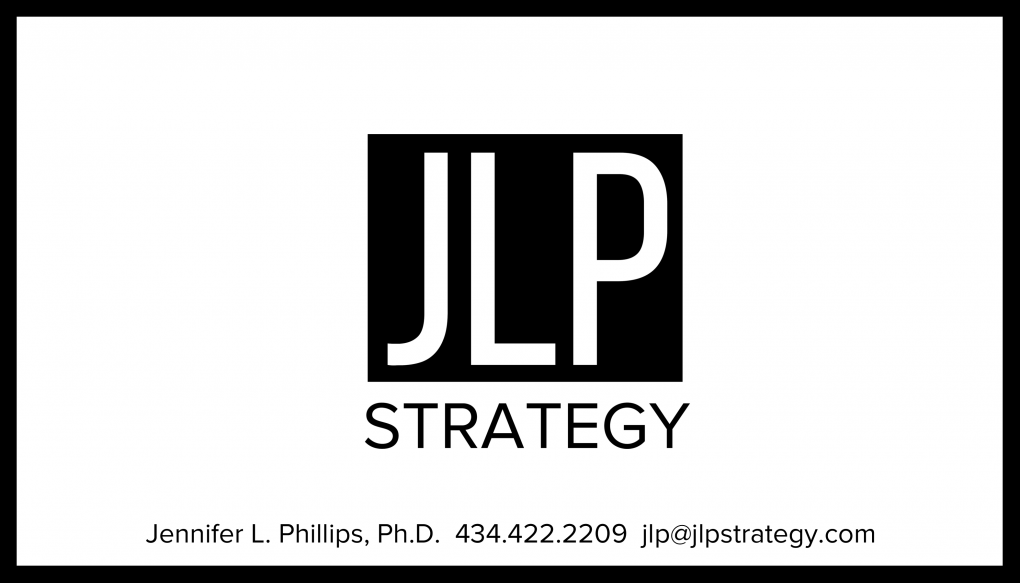


Let me be the umpteenth person to point out that reading is a professional virtue. It not only conveys knowledge, but also fuels the imagination, supports emotional intelligence, and provides a respite from the daily grind.
When I was a kid, teachers assigned summer reading each year. I inevitably completed the books in late August, rushing against the deadline. However, in spite of the frenzy, I remember those books well and am glad to have read them. Even more, I am grateful to have acquired a reading discipline.
With summer around the corner, do yourself a favor and set some reading goals. This is your chance to make up for wasted* reading time in the past–and establish better habits.
Tips for a Great List
Set a summer goal. It should be a reasonable stretch from your regular pace.
Page-turners are fine. Sometimes they are just the ticket to jump-start your stalled reading.
Still, don’t limit yourself to brain candy. Once your engine is purring, you will be ready for reading that takes more effort. Include some challenges on your list: literary novels, classics, poetry, short stories, and nonfiction. You can do it.
Incorporate professional development. Add a book or two that will sharpen your skills or make you think differently at work.
But not too much. If you limit your reading to professional development, you will miss the benefits of other genres. You may also start to resent “having” to read, and stop reading altogether…which is just sad.
Include diverse voices. Do all the authors on your list look a lot like you? Revise to pull in perspectives from other cultures, regions, ethnicities, and genders.
Be flexible. Stick to your list, or branch out. Just keep reading!
There is no shame in abandoning a book. I use a loose version of the 50-page rule: if a book doesn’t draw me in after 50 pages, I move on without shame. There are too many books in the world—too many masterpieces—to worry about this.
Give Goodreads a try. This is a pro-tip for folks who really love to read. Use it to track books, make lists, find reviews, see what your friends are reading, and follow your favorite authors. Best of all? It’s a low-noise social media that adds value without becoming a time-suck.
Need Inspiration?
Terrific, because I need accountability. It’s a win-win.
Here is my summer 2016 list. I set an ambitious pace of 4 books per month, eased by a few light reads. Because, hey, it’s summer.
- An Untamed State, Roxanne Gay
- Betterness: Economics for Humans, Umair Haque
- On Writing: A Memoir of the Craft, Stephen King
- March: Book One, John Lewis
- Orbiting the Giant Hairball: A Corporate Fool’s Guide to Surviving with Grace, Gordon Mackenzie
- Invisible Fault Lines, Kristen-Paige Madonia
- Grandma Gatewood’s Walk: The Inspiring Story of the Woman who Saved the Appalachian Trail, Ben Montgomery
- Harry Potter and the Cursed Child, J.K. Rowling
- Persepolis, Marjane Satrapi
- Thanks for the Feedback: The Science and Art of Receiving Feedback Well, Douglas Stone & Sheila Heen
- Look Homeward, Angel, Thomas Wolfe
- Petty: the Biography, Warren Zanes
Happy reading!
*I know, “wasted” seems harsh. We’re all so busy doing actual work, right? But, let’s face it, most of us could easily trade nightly phone surfing for reading without missing a professional beat. Ditto that for TV-time. (Don’t feel bad; I’m guilty too.)



 The tempo and Palmer’s buttery vocals add a tangible feeling to the song’s intentionally depleted energy. Best of all, Palmer offers the perfect antidote:
The tempo and Palmer’s buttery vocals add a tangible feeling to the song’s intentionally depleted energy. Best of all, Palmer offers the perfect antidote:




